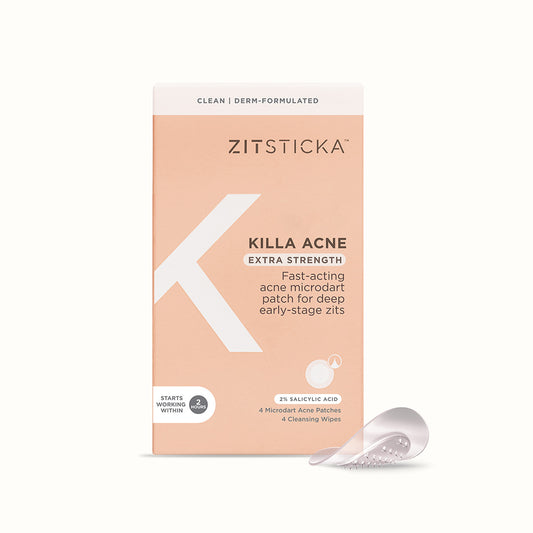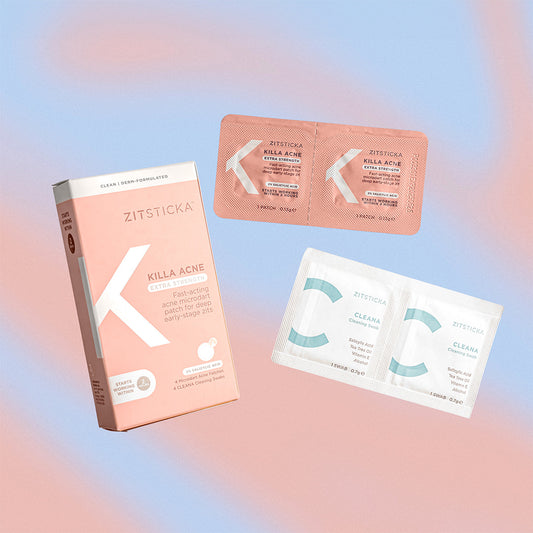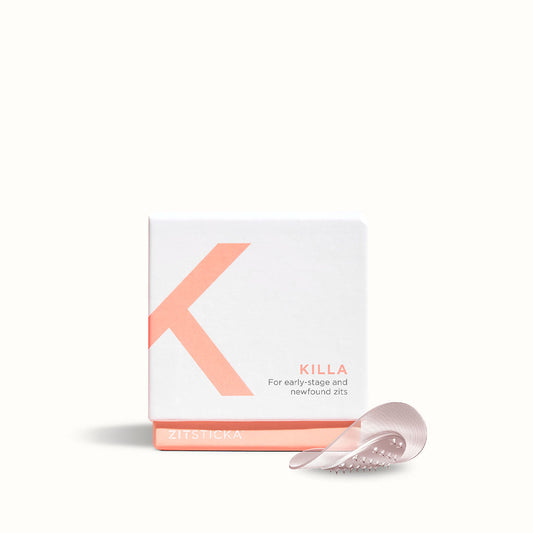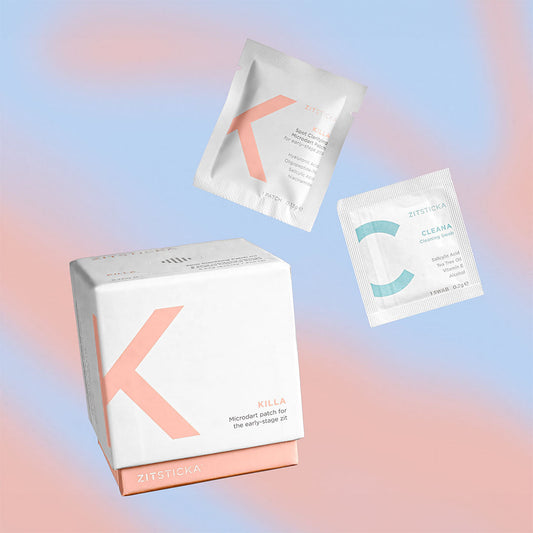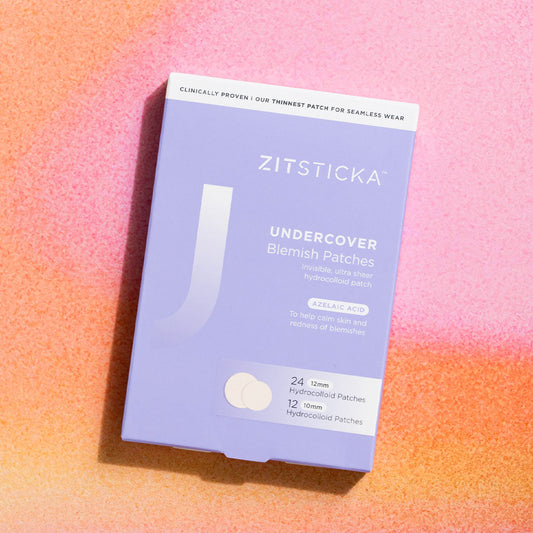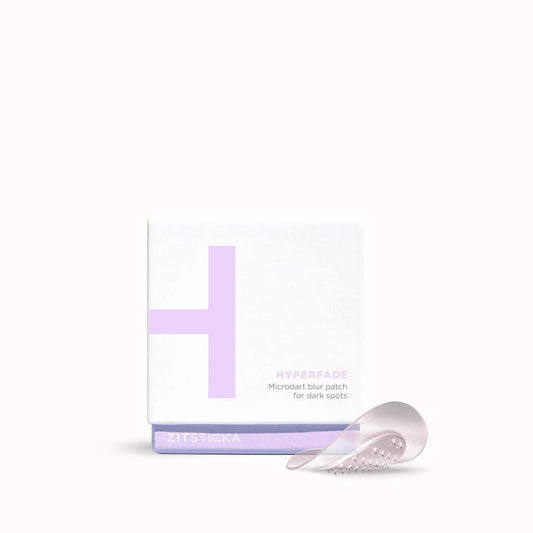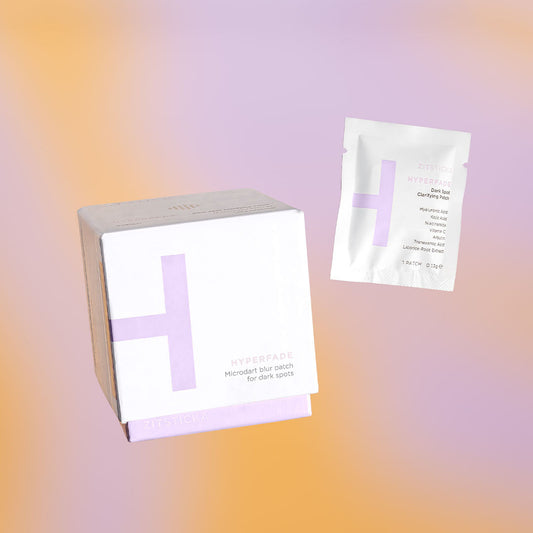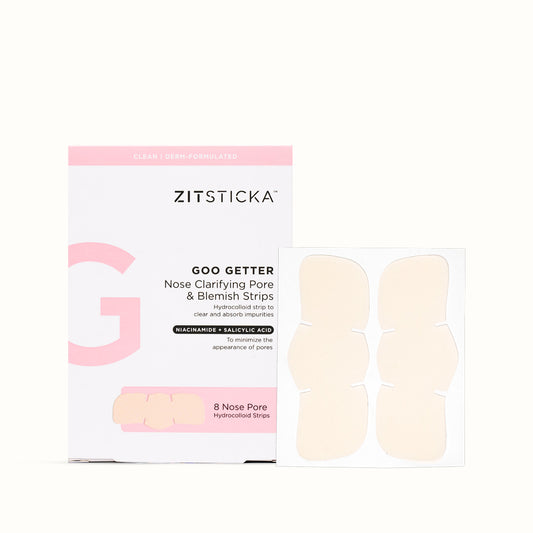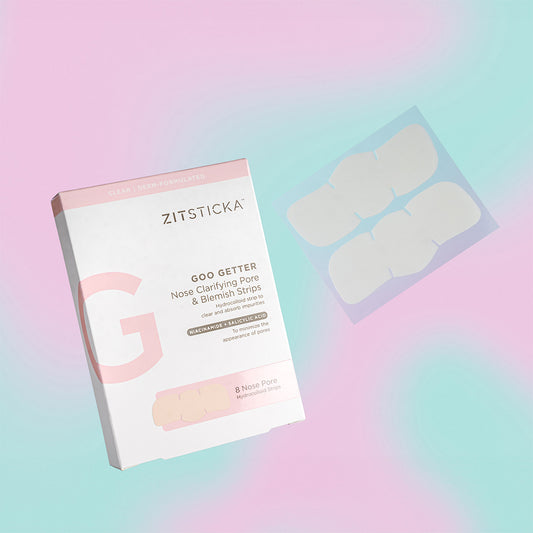I’ve always been grateful for growing up in Toronto. I lived in an area where I saw my reflection in so many faces and skin tones around me. I never once thought about what I looked like from the outside looking in. This lovely cultural mosaic was reserved for the immediate proximity of my schools and neighborhood.
Growing up and out of that space shed a harsh spotlight on me; a gaze which I was unprepared. What was hardest to come to terms with was the feeling of being judged threefold. Firstly, for my Muslim identity as I wear a hijab. Then twice more because I am a Black woman. While I was a beautiful tile in a gorgeous mosaic as a child, the adult me felt like a blemish on a European tableau.
I wear my religion on my head—no surprise there. I don’t have the luxury of code switching out of that visibility. Make no mistake, my hijab is not a burden to me in any way. I don’t feel like I’m missing out or that my life would go better if I leave my hijab at home. It is a burden for society and that is the main thing I struggle with.
“No, I’m not oppressed.”
“Yes, this is my choice.”
“No, I don’t want to take it off.”
It is exhausting. And that’s all before the main course of racial micro-aggressions. Being racist can’t be good for your skin, right? Jokes aside, the intersection of being a Black Muslim woman is a traffic jam of daily hurdles. Can a girl live? No really, it’s a matter of life and death. And the world is finally willing to pay attention. Hollywood’s version of inclusion isn’t the answer either. Black women are still often tokens and Muslim characters are only happy once they denounce their religion. Thank you, but literally nobody asked writers rooms for these tacky clichés.
The harsh spotlight of exclusion hit me the hardest in university. With a student body that was overwhelmingly White and East Asian, I was in a minority ethnicity. One of the very few Black Muslim women—a minority of a minority. The feeling of finding comfort in the people around me was long gone. Instead, most people seemed to keep me at an arm’s length: Being friendly but never really putting an effort to build a relationship. A part of that, I assume, is this idea that Muslim women are timid and boring. I can’t have any other real life interests because clearly my whole life revolves around my religion. My choice in clothing seems to paint a picture of not only my lack of autonomy but also my personality. If television and movies depict Black women as angry and Muslim women as subdued, then of course my classmates would see me through these invisible labels.
Society makes us feel as though we have to sacrifice parts of who we are for easier consumption. It’s too much to be Black, Muslim and female. Then there are the internal conflicts of that trifecta. Not Black enough because I’m East African. There seems to be a standard of what a Black person should look like that I don’t meet. I see it in the way people vilify me for supporting one cause over the other. Almost as though supporting Black lives means I don’t care about the oppression of my Muslim brothers and sisters. In the end, I’m left dehumanized and frustrated.
It’s a sad reality to always be competing with other people’s judgments of you. Exhausting to always try to prove people wrong. Recognizing and detailing my intersectional identity isn’t to make people pity me. Rather, it’s to outline my experiences in order to create a space for more advocacy and awareness. To create a system where we are all treated equally regardless of our differences. What is the point of activism if your only worry is how you are affected? Understanding that these layers of one’s identity create overlapping systems of discrimination is the first step. I’m very proud of who I am. Finding community in more places than one is a blessing in and of itself. I’m blessed to understand societal struggles because it has made me a stronger person. A resilient person.
Children today have to learn these lessons much earlier. They understand the subtleties of systemic racism far better than I did as a child. I want us collectively to create that utopian bubble for Black and children of color. The tides are turning and we can’t lose momentum for change. While media representation and make up shades are great, everyone who has the privilege and ability must take part. We want social justice to be permanent— not a social media trend or fleeting hashtag...
Read more thoughts on intersectionality from a Black, bisexual woman.

